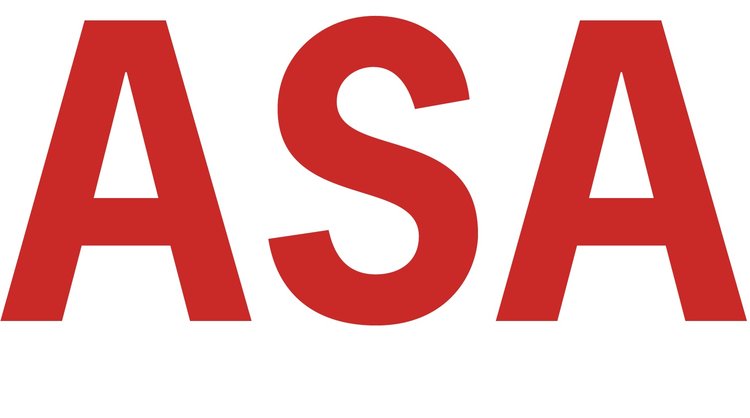Tiffany Pham discusses the evolution of social media platforms and content from information-sharing spaces to a communication medium that is being used both as a propaganda tool and a tactical weapon during conflicts. Social media has created a new warfront in geopolitical conflicts where opposing sides engage in a form of combat with consequences that are both physical and destructive. The weaponization of social media has presented itself in multiple ways, and can have far-reaching impacts during almost any type of conflict.
Read MoreSocial Media
Social Media: Information Communicator or Destroyer
Harshita Chandgothia discusses the paradigm-changing impact of social media technologies have had on human communication and communication systems. It explores the both the position impact as well as the negative, including how information can be weaponized so easily on social media platforms. Humans may have to come to simply accept the risks, and do the best to prepare against them. One way or another, society must continue to adapt through this ongoing, massive technological evolution.
Read MorePrivacy Concerns and Weaponization of TikTok
Alex Gherman discusses how TikTok has established itself as a powerhouse in entertainment and social media since its launch in 2016, touting 1.2 billion active monthly users and bringing in annual revenue of $4.6 billion as of the end of 2021. This popularity has not flourished without its share of criticism and scrutiny, especially considering the app’s origins and ownership within China. These concerns are largely aimed at issues of privacy and the use of the platform as an information weapon.
Read MoreFacebook Weak Controls and Risk Mitigation Opportunities
Macay Fischer discusses the wake of the 2021 hack of Facebook user data, which highlighted yet again how critical it is that a massive public company like Facebook requires robust risk management practices integrated through all levels of the business. The author identifies potential risk mitigation opportunities—including increasing the effectiveness of existing internal controls—that Facebook could implement going forward to reduce its risks in these areas.
Read MoreDeepfakes on Instagram: Mitigating Event and Process Risk
Kate Peterson discusses the rising level of risk stemming from deepfakes—videos modified using highly sophisticated technology—and the challenge that arise when these are widely and rapidly shared on social media platforms. Specifically, this analysis focuses on the external event and process control failures related to deepfakes on Instagram as well as suggestions for their mitigation.
Read MoreInstagram and Mental Health — Profits or Positivity?
Connor Tatman discusses the risks facing the picture-sharing application Instagram, a social media giant, as it explores ways to balance the mental health of its users and the way it currently generates its revenue, namely advertisement through direct sponsorship and marketing via social media influencers. If Instagram shifts its user experience away from “likes” being publicly visible, it must consider a number of potential risks to its current business model. The author identifies some of these risks, and potential steps to mitigate that exposure.
Read MoreFacebook and Google Data, Privacy and Transparency
Catherine Bahn discusses how Facebook and Google began to prepare for compliance with the European Union’s General Data Protection Regulation, which began to be enforced in May 2018. The purpose of this new legislation is to “harmonize data privacy laws across Europe”, however, the implications are likely to reach beyond the geopolitical borders of Europe and change the direction of corporate transparency. Facebook and Google have the opportunity to be leaders in building dynamic corporate transparency and considering new economic models with the vast amount of customer data they have and will continue to gather.
Read MoreSocial Media and Terrorism
Kenny Lee examines the exploitation of the power of social media by terrorists in disseminating propaganda and recruitment, and explores the implications of the possibility of keeping the terrorists out of social media through the lens of the law and ethics.
Read MoreCritical Infrastructure Protection Healthcare and Public Health
Reflects on other risks associated with public and private healthcare in the United States that do not garner as much attention as the issues surrounding rising costs and increasing unafforability for the middle class do.
Read MoreCommunity, Collaboration and Crowdsourcing
Discusses the increasing movement towards harnessing the power of communities and the collaborative work effort of large groups of people through crowdsourcing, using CrisisCommons as an example.
Read MoreSocial Media, Employees & Workplace Concerns
Discusses the challenges facing companies in dealing with social media behavior in the workplace.
Read More